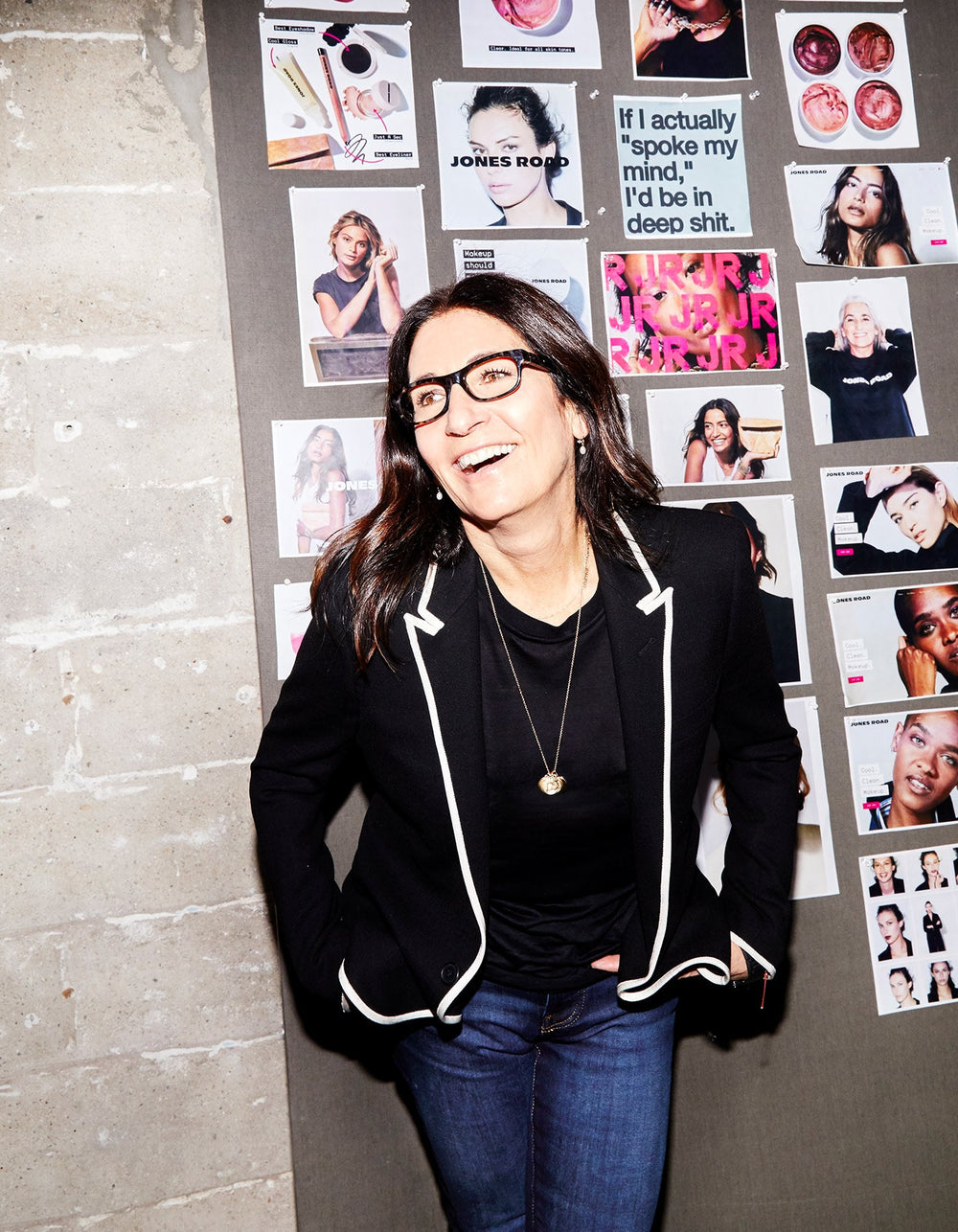Diary / Justbobbi / Sep 26, 2022
What a Dietitian Really Thinks About Trendy Alcoholic Beverages
Written by: Michele Ross

Love alcohol? Always have a pulse on the latest trends? If so, you’ve probably sipped on—or at the very least heard of—the likes of hard kombucha, hard seltzer, and whatever alcohol brands and hacks are making their rounds on social media as you’re reading this. Many of these trending beverages are marketed as healthier, tastier, and/or more convenient than your standard six-pack of light beer, vino of choice, or bespoke cocktail at your favorite bar… but how do they really stack up from a nutritional standpoint?
To find out, we tapped Gaby Vaca-Flores, RDN, a dietitian based in Los Angeles, for her hot takes on these chilled drinks.
Hard seltzer
Vaca-Flores mentions that hard seltzers—which have had lasting power on the trending alcohol front for a few years running—live up to their hype about being a lower calorie option for getting your buzz on. “They usually have around 100 calories per can and are lower in this regard compared to most mixed drinks and beer, which can set you back around 150 to 350 calories each,” she explains.
But before you guzzle down one can after the next thinking “low calorie” and “healthy” are interchangeable terms, Vaca-Flores offers a reality check. “These are ‘empty calories’ since they offer no nutritional value,” she clarifies. Moreover, she notes that the excess carbonation from a few too many of these drinks can potentially contribute to bloating, gas, and other forms of GI distress.
Final verdict: “Overall, I think they’re a good option if you're avoiding high calorie drinks, yet the effects of the alcohol coupled with carbonation can weaken its appeal,” she concludes.
Hard kombucha
Since kombucha boasts good-for-your-gut probiotics, a little bit of alcohol added to the mix can’t hurt, right? Well… not quite.
“Hard kombucha is touted as the healthiest adult beverage for its gut health benefits via probiotics,” Vaca-Flores begins, “but the issue is that it’s difficult to know exactly how many probiotics are withstanding the high alcohol content.” Plus, since alcohol is inflammatory, she says it’s hard to determine if it does more harm than good in terms of gut health—even if it’s mixed into a fermented beverage known for its beneficial bacteria.
Final verdict: “If you’re going to drink ‘hard booch,’ I suggest doing so responsibly because you enjoy the taste—not because you’re looking for gut benefits—at least until we know more about how probiotics survive in high ABV environments,” she advises. With that said, Vaca-Flores does treat herself to a hard kombucha from time to time, citing JuneShine as her brand of choice since it offers “a lighter spin on the classic kombucha taste”—and, you know, a nice buzz.

Canned cocktails
Many brands are also jumping on the canned cocktail bandwagon, with some of them purporting that their tonics are healthier than other kinds of alcohol. Some pride themselves on their low-calorie, low-sugar content without sacrificing taste.
However, Vaca-Flores says that they tend to use artificial sweeteners (some of which you may prefer to avoid, depending on your own wellness yays and nays) to yield these “benefits.” And since they don’t skimp too much on flavor, she warns that it can be challenging to enjoy them in moderation—particularly when you’re a few drinks deep and throwing caution to the wind.
Final verdict: Again, low calorie doesn’t mean healthy—especially if you finish a six-pack of canned cocktails in a night—so Vaca-Flores emphasizes being careful in this regard. Also, if you’re planning on having a few throughout the evening, try to space them out and follow this simple, healthy hack for alcohol consumption: “Aim to hydrate [with H2O] between your canned cocktails to help prevent overdrinking,” she advises.
Hard electrolyte drinks
While I for one feel #blessed to say that I’ve never been on TikTok, Vaca-Flores says that hard electrolyte drinks are the adult bevs (Gen Z-approved bevs?) of the moment on the platform, so I’ll take her word for it.
Aside from the fact that electrolytes can help replenish fluids lost from sweating, dehydration, and the like, “most hydration powders are flavored, there's no need to add juices or other sweeteners,” she continues.
Final verdict: Amongst all of the trending alcohol varieties on this list, Vaca-Flores says it’s a pretty decent option if you’re set on imbibing anyway. “All in all, I think this is a creative way to help prevent dehydration while drinking,” she shares, “which is great considering that dehydration is the main cause of hangovers.”
The bottom line
At the end of the day, alcohol is still a toxin. (For those in the back, I repeat: alcohol is still a toxin.) “So even if a drink is low calorie, hydrating, or [potentially] good for your gut, the negative effects of excessive alcohol consumption can trump any potential health benefit,” Vaca-Flores reminds us. In other words—and at the risk of sounding like a buzzkill—even if you choose what may be the “healthiest” option available on the market, drinking alcohol in excess in any form will always end up working counter to your wellness goals.
With that said, moderation should always stay at top of mind when it comes to your intake. “Rather than getting caught up on the healthiest drink to have, I suggest picking one that you simply enjoy—in moderation—to help minimize alcohol's effects on the body,” Vaca-Flores concludes.
 Miracle Balm
Miracle Balm
 The Face Pencil
The Face Pencil
 What The Foundation
What The Foundation


